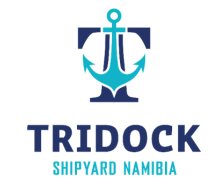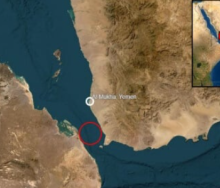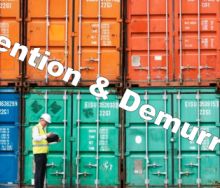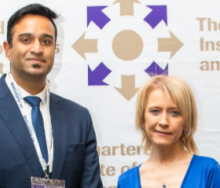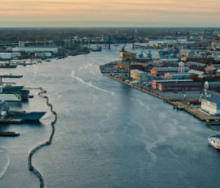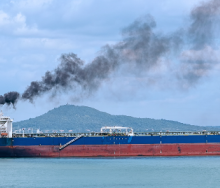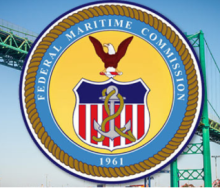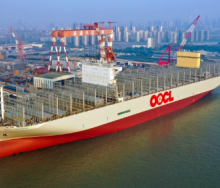Inadequate staffing – leading to sleep deprivation – has been identified as a key factor in the increasing prevalence of accidents at sea.
“Sleep deprivation increases the likelihood of every kind of accident, particularly falls and getting hit or crushed by equipment,” says Houston-based law firm Arnold and Itkin.
“But it would be less of an issue with shorter shifts, which is possible with increased staffing. Even man overboard accidents (MOBs) are partially an effect of low staffing, given how many incidents are unwitnessed. Increased staffing lowers the likelihood of an unwitnessed fall, which lowers the likelihood of losing a crew member at sea.”
The company says that multiple studies have found that the most common cause of serious injury or fatality on a ship is falling - both from a height onto a ship surface or overboard into the sea. On ships, in ports, and on platforms, another common hazard is contact with heavy objects, leading to blunt force trauma or crush injuries.
One consistent fact through these findings is that most casualty incidents (injuries or fatalities) occur during routine work, which suggests that maritime injuries are the result of issues inherent to the way the industry is organised.
The rate of mechanical failure in the shipping industry might also shed some light on maritime accidents, says the company.
“Research from Lloyd’s List Intelligence shows that maritime incidents have risen over the last decade, with more than half of vessel issues caused by mechanical failure. In 2022, the number of ship mechanical failures was the highest it’d been in over a decade.”
Among the reasons cited for this is less time spent in port on maintenance and repair, which means ships leave ports with critical problems left unchecked. There are fewer available dry docks and skilled ship mechanics, but tight schedules set by shipping companies are a main driver.
While crew expansion is seen as a solution, the opposite is happening. Crews aboard all types of vessels - container ships, tankers, even tugboats - are contending with shrinking crew sizes due to automation technology. This has lowered operational costs – but it’s increased risk per crew member at the same time.
“Companies have two options for reducing the risk presented to workers: they can increase operational costs through increased staffing without reducing pay, or they can cover the lifetime costs of injury often inflicted on maritime crews after a serious accident. One option is preventative, but both are simply the right thing to do.”

